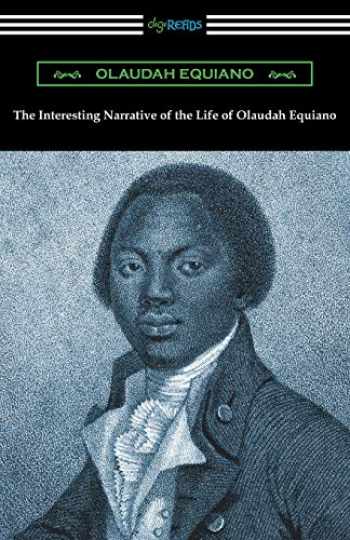
Slavery, as Equiano’s description of his own African village implies, had existed in some form for thousands of years, but it was the age of exploration that institutionalized a particular kind of slavery, bolstered by a growing set of arguments among Europeans about the ethical and intellectual inferiority of non-white races.

Within this framework, European powers-first the Portuguese and Spanish, and later the British, French, Dutch, and others-vied to “discover” lands abroad, but of course these lands were largely already inhabited.

For the nearly 300 years that preceded Olaudah Equiano’s writing of his life, the international slave trade had shrunk the world like never before: “globalization” could already describe this interconnected relationship between humans, goods, and places.


 0 kommentar(er)
0 kommentar(er)
